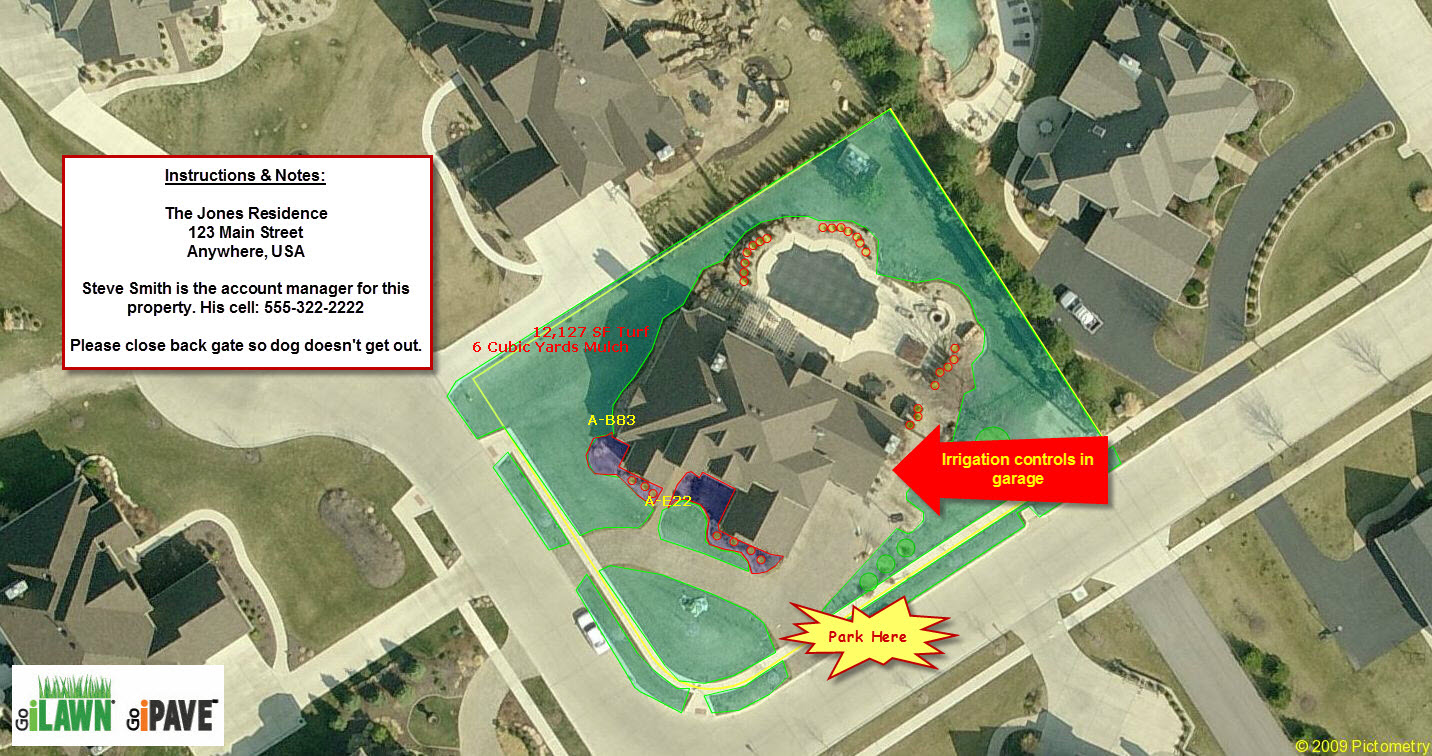What’s your labor worth?
It’s mid-June and here at Go iLawn / Go iPave, this seems like a great time for a baseball analogy.
Many small business owners make it or break it on the value of their own labor, especially when they’re first getting started. In service industry businesses like landscaping or asphalt maintenance, this is normal; small business owners execute most (or all) of their own work. But do they know what they’re getting in return?
Some guys divide their total profits for the year by their total hours worked to get a “how much I made per hour” number. But this number doesn’t tell you much.
Understanding how your revenue is spread across profits vs costs from labor, materials, management, selling, billing, and maintenance, can help any small business owner prioritize their own actions.
Let’s take a cue from the one organization that teaches more Americans about advanced statistics than any other… Major League Baseball (of course)
In baseball, there are stats for everything, but we’re only going to talk about a stat called Wins Above Replacement (WAR), a statistic that measures “everything” a player does to help his team win.
Wins Above Replacement (WAR) is a statistic that blends offensive production (batting & base-running) with defensive efficiency (fielding & pitching) to calculate the number of “extra” wins a player earns for their team in a season, when compared to a fictional “average” player replacing them in their position.
This seems like a great way to frame the question of prioritizing your work. Ask how much does (This job you do yourself) contribute “Above Replacement”.
In other words, if you had to replace yourself with the kind of talent you could readily find in your market, what jobs (of the many you do) would be at greatest risk?
Here’s a bet we’re willing to make right now. It’s not production work.
Maybe you choose to do the work yourself, but recognize that this is probably the easiest role (of the many you fill) to replace. And if you did replace yourself in the field, would you be able to make more money with that extra time? Would it be worth more to you than what you make doing the production work yourself?










Leave a Reply
Want to join the discussion?Feel free to contribute!